Nigeria’s push for a modern, productive industrial economy gained fresh momentum last week, as the Industrial Revolution Work Group (IRWG) concluded an intense two-day technical session that has been widely hailed as a turning point in the nation’s industrial transformation journey.
The IRWG, a key initiative of the Federal Ministry of Industry, Trade and Investment, aims to catalyse the transformation of Nigeria into an industrial powerhouse through collaboration across public and private sectors, as well as through local value chain development and global trade integration.
Held in Lagos, the session gathered more than 20 of Nigeria’s most influential institutions across government, the private sector, regulatory agencies and development partners.
Themed: “From Activities to Outcomes: Driving Industrial Renaissance,” participants coalesced around one unifying goal which is to move Nigeria’s industrial sector from vision to verifiable results.
The gathering was convened under the leadership of the Minister of State for Industry, Senator John Owan Enoh, working under the supervision of the Federal Ministry of Industry, Trade and Investment (FMITI).
In a keynote address that resonated with urgency and clarity, Enoh challenged the assembly to abandon the comfort of passive deliberation and embrace the discipline of agile execution. “This is not another conference. This is a pivot point. Nigeria cannot afford to continue the cycle of plans without implementation. IRWG is our engine room for delivery,” the Minister declared.
His stirring question, “What will success mean after this session?”, was answered with a strategic vision: “A clear line of sight from insight to action, from policy to prosperity.”
Across two days of deliberation, working groups and strategic dialogues converged around a number of bold resolutions designed to re-anchor Nigeria’s industrial ecosystem. Among these were urgent calls for enhanced energy security through embedded power solutions and dedicated energy corridors, alongside the development of a pricing strategy designed to foster industrial competitiveness. Participants also advanced the establishment of a National Industrial Skills Development Framework, with plans to reactivate technical colleges and foster private sector-driven apprenticeship schemes.
In a renewed effort to galvanise local industry, the group also agreed on a nationwide campaign to promote Made-in-Nigeria goods, reinforced by stronger enforcement of import controls and more harmonised regulatory frameworks. New ideas such as the declaration of a National Adire Day and the establishment of local market hubs for Nigerian-made products captured the imagination of many stakeholders.
Securing affordable, long-term financing was identified as critical to the sector’s growth. To this end, the IRWG called for new financing vehicles, accelerated fund disbursements through the Bank of Industry, and even proposed declaring a State of Emergency on Manufacturing to unlock targeted reliefs and incentives. The issue of bureaucratic inefficiency was not left untouched, with strong recommendations for a single-window clearance platform, full digitisation of regulatory processes, and better alignment of fiscal and monetary incentives to ease the path to industrial approvals.
Unlike many gatherings before it, the IRWG technical session was driven by an uncommon determination to deliver tangible outcomes within 90 to 180 days. Participants worked not only to identify solutions but also to commit to timelines and mechanisms for tracking progress.
One particularly significant milestone was the circulation of the Draft National Industrial Policy to key technical leaders for final input and validation — an action that stakeholders praised as a long-overdue catalyst for Nigeria’s industrial resurgence. As one enthusiastic participant from the Manufacturers Association of Nigeria (MAN) observed, “What happened in Lagos was not a talk shop — it was a transmission. We have gone from activity to alignment, from plans to partnership.”
Institutions represented at the landmark session included FMITI, BOI, ITF, MAN, SMEDAN, SON, NECA, CBN, UNIDO, GIZ, NASME, NASSI, RMRDC, NADDC, OGZA and other key players shaping Nigeria’s industrial future.
The mood as the session closed was one an invigorating optimism that Nigeria’s long-awaited industrial awakening may finally be within reach.



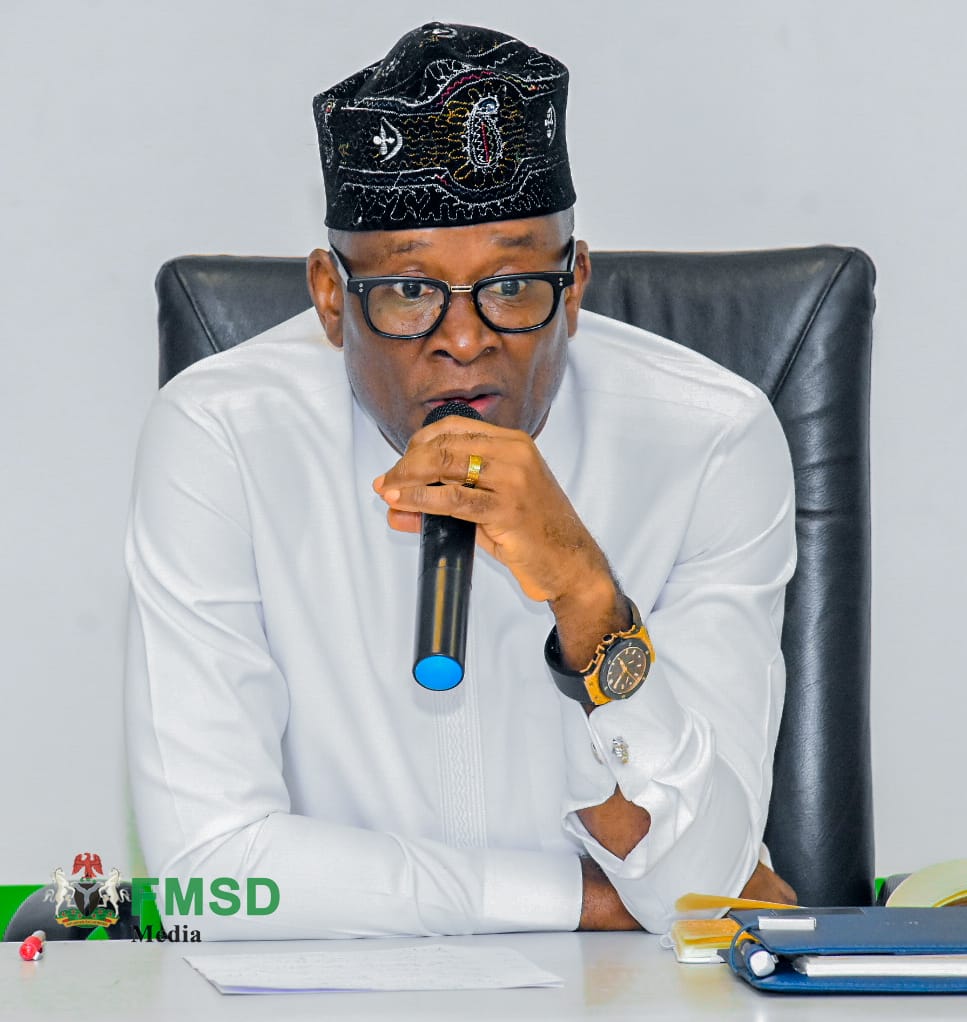

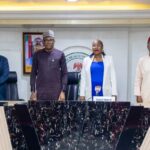
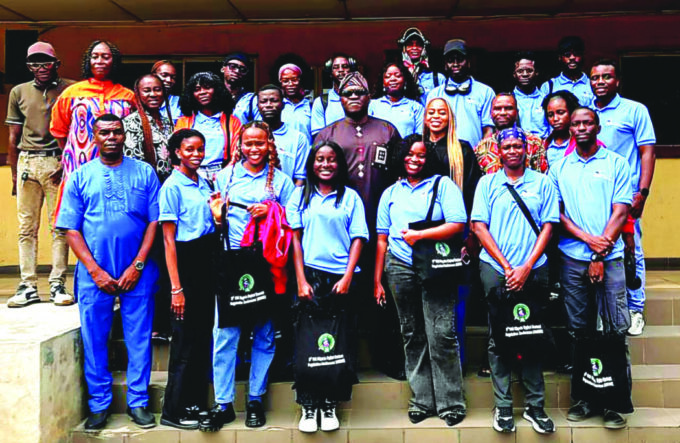
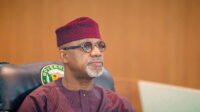
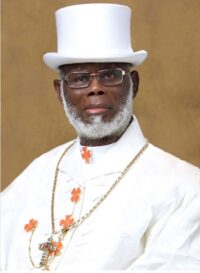



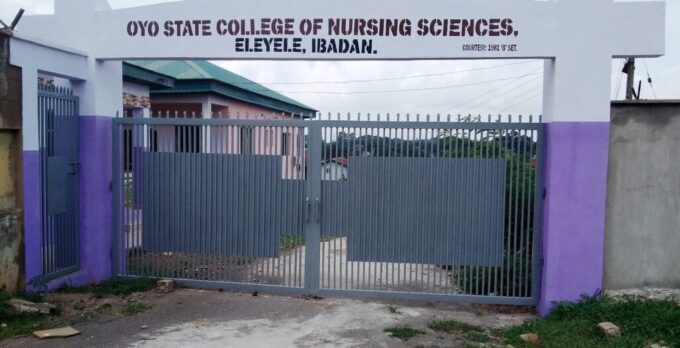





Leave a comment